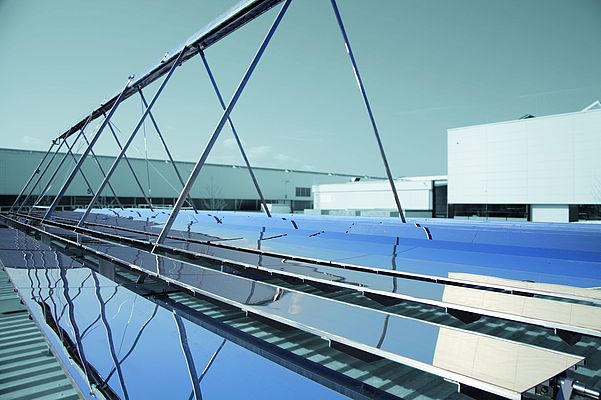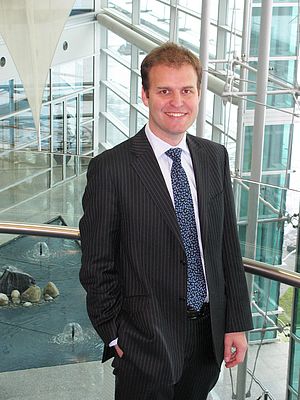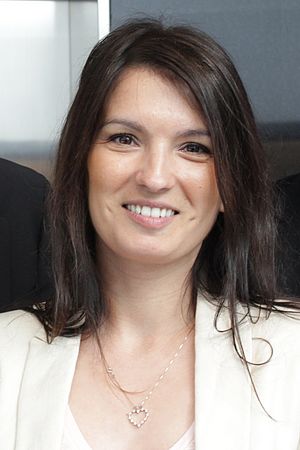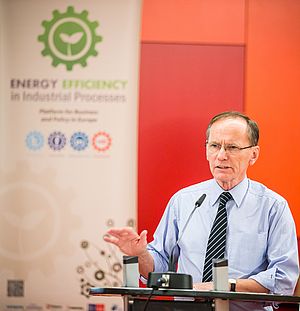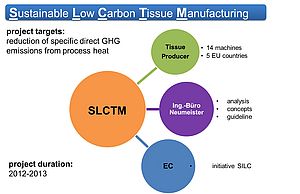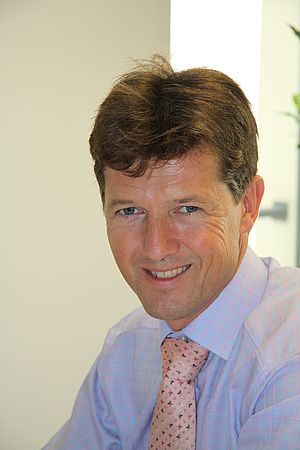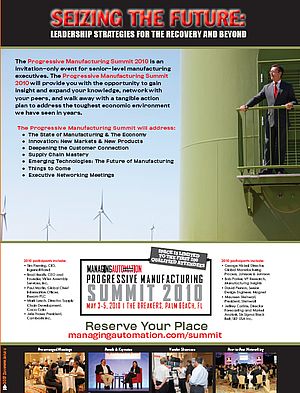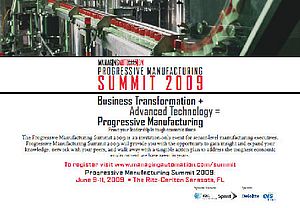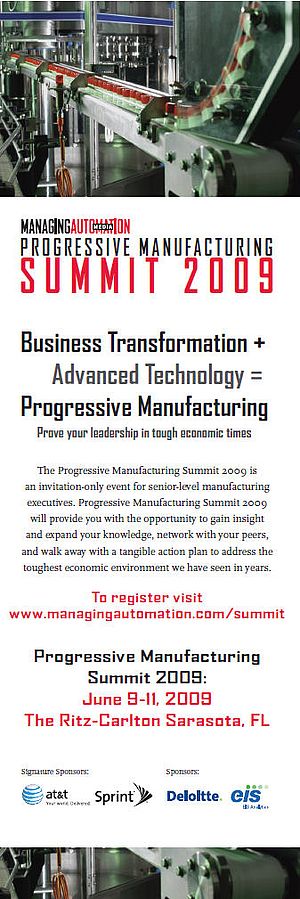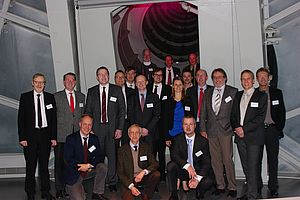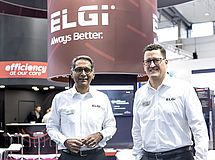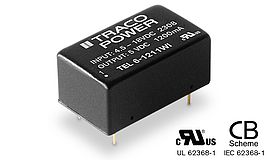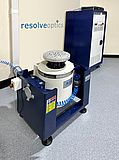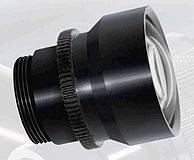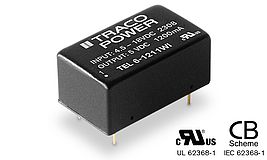Due to well-tailored legislation the share of electricity generated from renewable resources is constantly increasing. Yet, green electricity alone is not sufficient for the Energiewende (energy transition) as a major share of the energy demand is thermal and currently covered by the combustion of fossil fuels. Industrial process heat is responsible for around a fifth of the energy consumption (30% to industry, of which 60% are heat) and emission of greenhouse gases (see charts below) - and industrial production is expected to grow by a factor of four until 2050! As a large share can be covered by the sun solar process heat can contribute significantly to a sustainable energy supply.
Although the technical potential is enormous, in Germany it’s estimated to exceed 15 TWh/a, the use of solar energy to cover industrial process heat is still very low. However, there are numerous signs that the pace will increase. Several European countries launched attractive support schemes to develop the market for solar process heat and projects in various industries have been realized. The food and beverage industry offers great potential, but also the automotive or chemical industries have suitable processes. A typical example is the application in the dairy industry where there is a constant high heat demand for various processes such as pasteurization, drying, sterilization or ultra-high treatment.
Conventional solar thermal collectors can achieve temperatures of around 100°C, while concentrating collectors can reach more than 400°C. Due to the high temperatures concentrating solar collectors are especially suitable for process heat. Concentrating solar collectors were originally designed for solar thermal power plants. However, for applications in the industry the technological demands differ. In most industrial areas ground space is scarce, thus space efficiency is becoming more important and rooftop installations a unique selling point. Another important factor is the integration with the existing thermal energy supply and control system of the company as well as the operation and maintenance costs.
Industrial Solar, a German solution provider, developed a solar collector designed for the application in industry. Its Fresnel-Collector is a uniaxial tracking solar collector and can provide temperatures of up to 400 °C. Primary mirrors concentrate the radiation on an absorber tube through which a heat carrier circulates (water, thermo oil or steam), delivering the heat to the process. The mirror rows are individually controlled to ensure precise temperature regulation. The modular approach does not only ease transportation and installation but also allows that available space is used effectively. Due to low weight and wind load the collector can be installed on rooftops, saving ground space while reducing the cooling load of the building.
Due to the high temperatures and a precise control system the collector can be installed parallel to a fossil fuel boiler and directly supply thermal energy to the distribution grid. When the sun is shining the fuel consumption is reduced while the availability of energy is always guaranteed.
Solar process heat for the automotive industry
The automotive industry is under great pressure to reduce its emissions – not only of the cars, but of the whole supply chain. One process which is very energy intensive is the curing of a car’s paint. Dürr, a leading supplier of production technology for automotive industry, analyzed the process and reduced energy consumption significantly with their Eco+Paintshop. To further lower the demand of fossil fuels Dürr teamed up with Industrial Solar to integrate solar process heat. A first pilot project was built in 2012 in Bietigheim-Bissingen.
Solar powered Combined Heat and Power
Apart from solar driven drying processes Dürr and Industrial Solar recently announced another innovation called Eco+Energy CPS Suntec. A micro-gas turbine provides 120 kW electricity and 500 kW heat for industrial processes. Therefore air is heated to 950°C before it expands in the turbine. The Fresnel collectors preheat the air to reduce the fuel consumption. Moreover, water is injected in the compressed air to increase efficiency, reduce NOx emissions and to allow a higher solar share.
Another interesting application is solar thermal cooling as the heat can also power absorption systems. This is especially interesting where cooling load causes high and expensive peak loads. A solar driven cold store was completed in 2012 close to Freiburg in Germany. The hot water drives the chiller of the cold room, additionally an ice-storage is used to balance fluctuating loads.
Today solutions are available to address industrial energy demand comprehensively. While energy prices rise and more support schemes are available solar thermal energy solutions are an attractive investment for industry.
Martin Haagen is responsible for Business Development in the MENA region at Industrial Solar. His background is Economics and Renewables and he holds a Master from Kassel University. Before he joined Industrial Solar Martin worked at SEKEM in Egypt.
Solar Process Heat
A key factor for sustainable energy supply
- by TIM Global Media BV
- November 6, 2013
- 150 views



